Financial Wellness
How many of you knew that April was “Financial Wellness Month?” I certainly did not and IN TRUTH actually prefer “Margarita Month” or something that brings less internal conflict with my mental health. However, I do believe this is the ideal time to discuss financial wellness, as the COVID pandemic has re-enforced its importance.
Financial wellness is similar to health wellness. If left to random chance and luck, the outcomes may not be as expected or desirable. In essence, the compound effect is in play here, which means reaping huge rewards from a series of small, smart choices. (Darren Hardy, The Compound Effect)
A good analogy that I believe is relevant to financial wellness is dieting. Folks who adopt a restrictive diet are rarely thin, heathy or in-shape. They adopt extreme measures in hopes of achieving remarkable results in a short time frame. Health wellness and financial wellness are behavioral changes that result in sustainable positive habits and consistency, ultimately resulting in huge rewards.
Physicians are quite good at math, until it comes to money. We tend to think because we work hard and are smart, things will just work out. We all know that to save money you have to spend less than you make, its simple subtraction. The reasons this becomes more difficult than expected could encompass an encyclopedia. Some objective strategies that may be useful:
- Live like a resident the first two years after graduating.
- Hold off on buying a fancy car. Consider used or leasing options. This is a depreciating asset.
- Build a smaller home than you think you need or want.
- Max out all your matching employment retirement plans and IRAs.
- Calculate your monthly expenditures and save enough for at least 3 -6 months cushion.
- Give some monies to your favorite non-profit organization. This not only decreases your taxable income, but more importantly enhances mindfulness!
- Spend monies on what are important to you. I do not agree with the “Latte Effect”(David Bach). If a latte everyday makes you happy, energized and engaged, do not cut that out of your routine. Instead, down size from a Venti to a Grande and switch from whole milk to nonfat!
Lastly, do your homework and crunch the numbers on paper. You would not go into a shift without being prepared, and securing financial success is no different. Consider whether investing in a money manager versus self- directed investing is the best option for you. Think about what tax bracket you are in currently and how that might change in the future. This may help direct you to putting monies in a Roth account versus the traditional 401k plans. If you have children, identify the best option for you to put money back for higher education. One of the best gifts we can give our children is to offer them the luxury of being debt free after college or graduate education is completed (I am sure many of you would agree with this).
Amanda Bogie, MD





